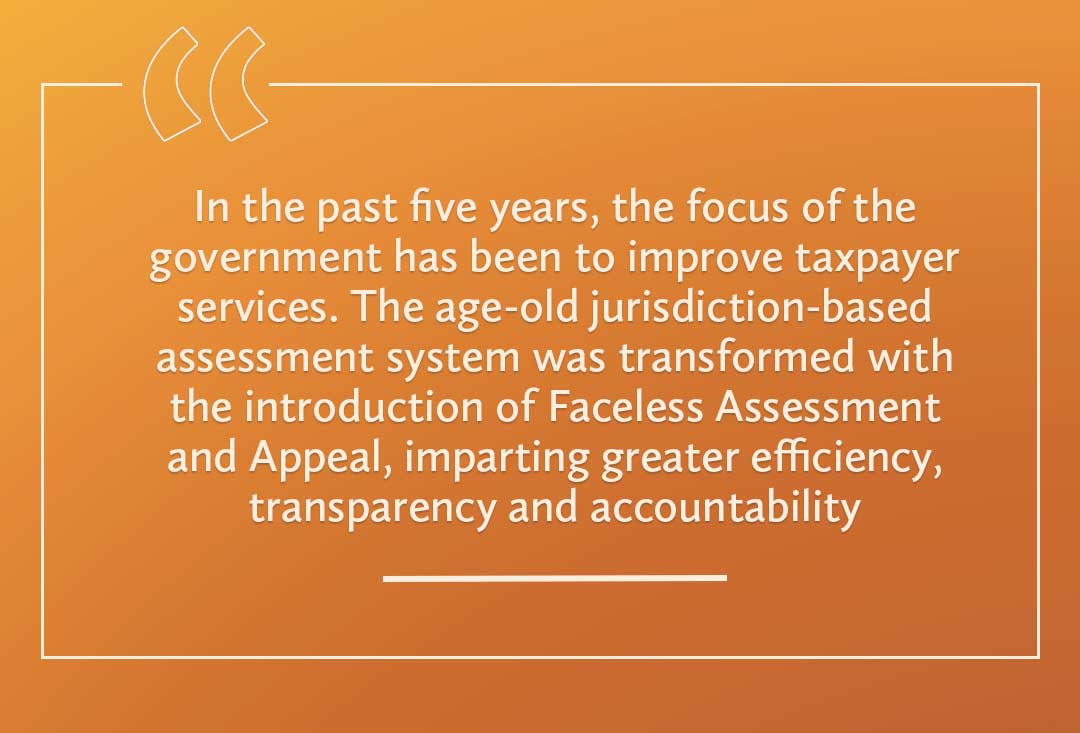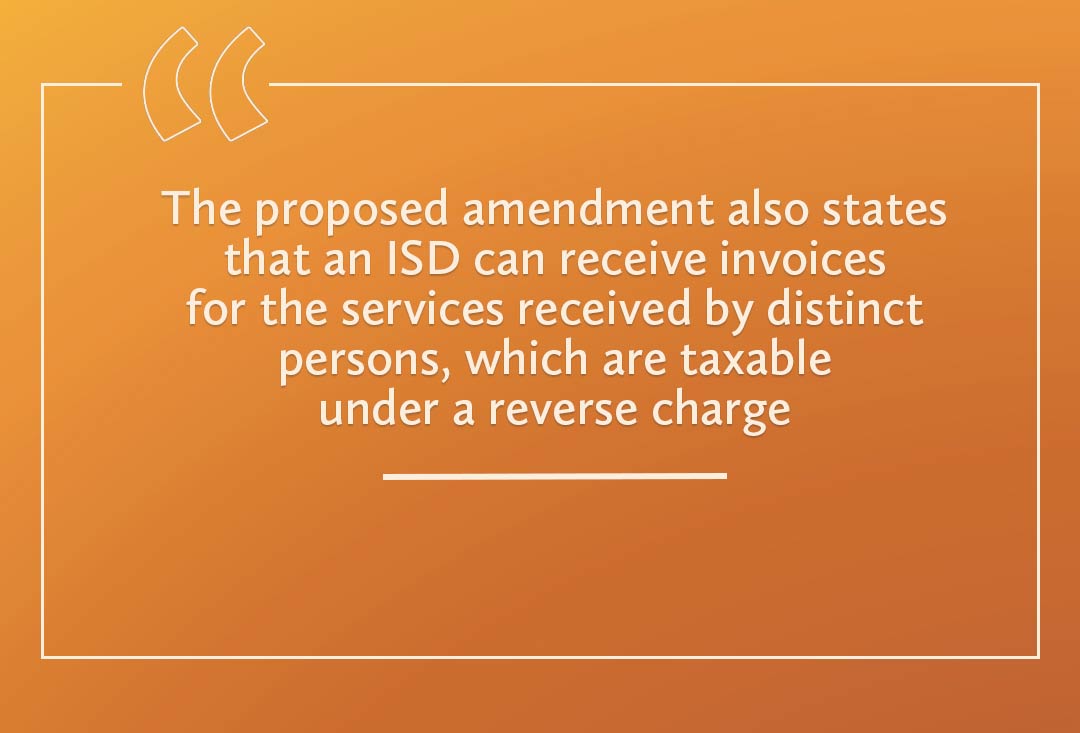With general elections looming, India’s finance minister has chosen a largely safe approach with regards to unveiling taxation policies in the country’s 2024 interim budget, write Preeti Goyal, Bharathi Krishnaprasad and B Venkat Ramanan from Lakshmikumaran & Sridharan
Union Finance Minister Nirmala Sitharaman unveiled India’s interim budget on 1 February, ahead of the Lok Sabha elections, marking her sixth consecutive budget presentation. This year’s budget took on the Viksit Bharat theme, with the government visualising a developed India by 2047 and focusing on the four pillars of the Viksit Bharat, i.e. garib (poor), mahilayen (women), yuva (youth) and annadata (farmers). With the above bigger objectives in mind, the finance minister abstained from introducing populist measures, keeping tax rates for direct and indirect taxes unchanged.
However, certain tax benefits to startups and investments made by sovereign wealth or pension funds, as well as tax exemptions on certain income of some International Financial Services Centre (IFSC) units have been extended until 31 March 2025. Surprisingly, contrary to the government’s policy to promote manufacturing in India under the Production Linked Incentive (PLI) scheme, the sunset clause for new manufacturing units eligible for the concessional corporate tax rate under section 115BAB of the Income Tax Act, 1961, has not been extended.

Partner
Lakshmikumaran & Sridharan
In the past five years, the focus of the government has been to improve taxpayer services. The age-old jurisdiction-based assessment system was transformed with the introduction of Faceless Assessment and Appeal, imparting greater efficiency, transparency and accountability.
In line with the government’s vision to improve the ease of living and the ease of doing business, the finance minister proposed to withdraw outstanding direct tax demands up to INR25,000 (USD300) pertaining to the period up to the financial year 2009-10, and up to INR10,000 for the financial years 2010-11 to 2014-15. This should help the authorities create more bandwidth and expedite the disposal of matters involving material tax amounts.
Here are the key highlights of the interim budget:
Direct tax proposals
The finance minister proposed an extension on the time limits for certain tax benefits.
- The time limit for commencement of business by the investment division of an offshore bank, to claim exemption under section 10(4D), would be extended until 31 March 2025. This supports the government initiative of promoting foreign investment.
- Similarly, the date for commencement of operations of an International Financial Services Centre (IFSC) unit for eligibility for exemption under section 10(4F) of the act would be extended to 31 March 2025. Section 10 (4F) of the Income Tax Act, 1961, provides for an exemption of royalty income received by a non-resident on account of leasing of aircraft or ships to an IFSC unit if the unit is eligible for deduction under section 80LA and has commenced its operations on or before 31 March 2024.
- The income tax law confers an exemption in respect of certain incomes received by a wholly owned subsidiary of the Abu Dhabi Investment Authority, sovereign wealth fund or a foreign pension fund from investment made in India. The time limit for making such an investment to claim the exemption under section 10(23FE), would also be extended by one year, i.e. until 31 March 2025.

Associate Director
Lakshmikumaran & Sridharan
Amendments were also proposed rationalising the TCS (tax collected at source) rates on remittances made under the LRS (liberalised remittance scheme) and overseas tour packages.
Consequent to an increase in the TCS rate on foreign remittances under the Liberalised Remittance Scheme (LRS), and on bookings of foreign tour packages in the last budget, the Ministry of Finance, in a press release dated 28 June 2023, proposed certain rate changes with reference to the collection of the TCS under section 206C(1)(G) of the act. Vide the Finance Bill, 2024, such changes have been codified in the law, which will come into effect following parliamentary approval of the corresponding amendment. Below is a brief snapshot of these changes.
- No TCS to be collected by an authorised dealer for remittances made under the LRS, if the aggregate amount of a remittance during a financial year does not exceed INR700,000, effective 1 July 2023. It is noted that the limit of INR700,000 is qua the remitter and not qua the authorised dealer. Further, the limit of INR700,000 shall apply in aggregate to all types of remittances and not to be applied to every purpose individually.
- Where the aggregate amount of a remittance made under the LRS during a financial year exceeds INR700,000, the TCS to be collected would be at the rate of 5% if the remittance is for the purposes of education or medical treatment, and at the rate of 20%, if the remittance is for any other purpose, effective 1 October 2023. This implies more funds getting locked, which are only adjustable while paying taxes, or refunded after the FY once the income tax return is processed.
- Similar changes have been proposed for payments made to a seller of overseas tour packages. Where the aggregate amount paid to such a seller during a financial year is less than INR700,000, the TCS to be collected would be at 5%, and if the aggregate amount exceeds INR700,000, the TCS is to be collected at the rate of 20% effective 1 October 2023. While boosters have been provided to domestic travel in this budget, an increase in the TCS rate will certainly act as a dampener for foreign travel.
Indirect tax proposals

Principal Associate
Lakshmikumaran & Sridharan
The finance minister has announced that the same customs rates, including import duties, will be retained in the fiscal year 2024-25. Accordingly, no changes have been made in the basic rates of customs duties.
Vide the finance bill, an amendment has been proposed in sections 2(61) and 20 of the Central Goods and Service Tax (CGST) Act, 2017, to make distribution of credit by an ISD (input service distributor) mandatory. However, the manner of distribution of credit by an ISD would be prescribed by way of amendment to the CGST Act.
The above-mentioned amendment has been made in light of the recommendation of the Goods and Services Tax (GST) Council in its 50th meeting held on 11 July 2023, where the council clarified that the ISD mechanism is not mandatory under present GST laws, and taxpayers can choose to follow the cross-charge mechanism and raise an invoice with respect to the services received from a third party, which are attributable to the head office and branch offices. The GST Council recommended making the ISD mechanism mandatory.
With the above-mentioned change, the companies where the recipient is entitled to take full credit, though any value could be taken for cross charge, distribution of credit would be mandatory for services covered under the scope of the ISD. Therefore, the taxpayers would be required to reassess their position with respect to the distribution of credit with reference to tax invoices received by them, which are mandated to be distributed by the ISD.
Further, at the time of receipt of the service itself, the assessee would be required to indicate the ISD/normal registration to the service provider so that invoices can accordingly be booked in the respective registration for the purpose of ISD distribution or cross charge. This is because credit on invoices booked in normal registration cannot be transferred to ISD registration, except in the case of a reverse charge.
The proposed amendment also states that an ISD can receive invoices for the services received by distinct persons, which are taxable under a reverse charge. Hence, there arises a question of whether the ISD would be liable to discharge GST on such services under a reverse charge. The law does not contemplate payment of tax by an ISD under reverse charge, and tax is paid by the normal GST registration and then transferred to the ISD for further distribution under rule 54(1A) of the CGST rules.
To summarise, given the interim nature of this budget, not many tax-related changes were proposed, with the comprehensive fiscal year budget to be presented after the formation of a new government.




























